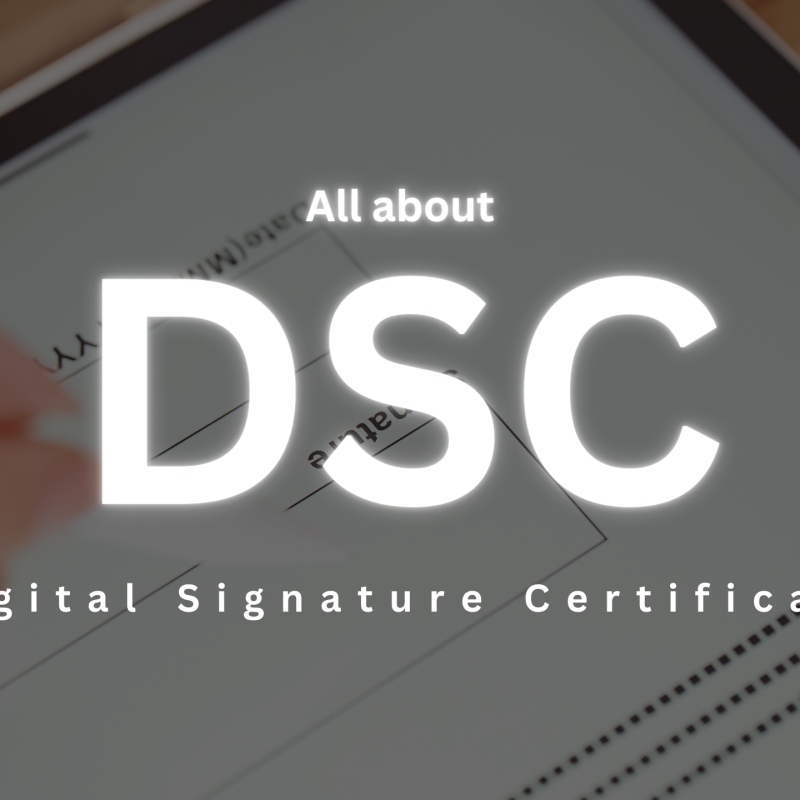The Goods and Services Tax (GST) is a comprehensive indirect tax levied on the supply of goods and services in India. One of the key features of GST is the provision of Input Tax Credit (ITC), which plays a crucial role in eliminating the cascading effect of taxes, thereby reducing the overall tax burden on businesses.
What is Input Tax Credit (ITC)
Input Tax Credit is the credit a business can claim for the tax paid on inputs (purchases) used in the supply of goods or services. In simpler terms, ITC allows businesses to reduce their tax liability by claiming credit for the tax already paid on inputs. This ensures that the tax is levied only on the value addition at each stage of the supply chain.
How ITC Works
Purchase Stage: A business purchases raw materials or services and pays GST on these purchases.
Credit Claim: The business claims the tax paid on purchases as ITC.
Sales Stage: The business charges GST on the sales of finished goods or services.
Tax Liability: The business can use the ITC to offset the GST payable on sales, thereby reducing the tax liability.
Conditions for Claiming ITC
To claim ITC, certain conditions must be met:
The claimant must be a registered taxpayer under GST.
The goods or services must be used for business purposes.
The tax invoice or debit note should be in possession of the claimant.
The supplier must have paid the tax to the government.
The claimant must have received the goods or services.
The ITC claim should be reflected in the supplier's GST returns.
Items Ineligible for ITC
Certain items are specifically excluded from ITC claims under GST:
Motor vehicles and conveyances (except under specific conditions).
Goods and services used for personal consumption.
Goods and services used for construction (except plant and machinery).
Membership of clubs, health, and fitness centers.
Travel benefits to employees on vacation.
Reversal of ITC
ITC must be reversed (i.e., repaid) in the following scenarios:
If the recipient fails to pay the supplier within 180 days from the date of invoice.
When the goods or services are used for non-business purposes.
If the goods are lost, stolen, destroyed, or written off.
ITC and E-Invoicing
With the introduction of e-invoicing, claiming ITC has become more streamlined and transparent. E-invoices ensure real-time reporting of invoices to the GST portal, reducing discrepancies and ensuring that ITC claims are legitimate and accurate.
FAQs
1. Can ITC be claimed on capital goods?
Yes, ITC can be claimed on capital goods used for business purposes.
2. What happens if the supplier does not pay GST to the government?
If the supplier does not pay GST to the government, the recipient cannot claim ITC.
3. Is ITC available on exempted goods or services?
No, ITC cannot be claimed on exempted goods or services.
4. How long does a taxpayer have to claim ITC?
ITC must be claimed within the earlier of the due date for filing the return for September of the following financial year or the date of filing the annual return.
5. Can ITC be claimed on goods used for personal consumption?
No, ITC cannot be claimed on goods or services used for personal consumption.
Conclusion
Input Tax Credit is a fundamental aspect of the GST framework, aimed at reducing the tax burden and promoting compliance. By understanding and adhering to the rules and conditions for ITC, businesses can effectively manage their tax liabilities and contribute to a seamless and efficient tax system.
For more compliance-related services and queries, explore Company24.in or call us at +91 9216472424 to simplify your business journey. And join our WhatsApp community to get detailed regular updates.






